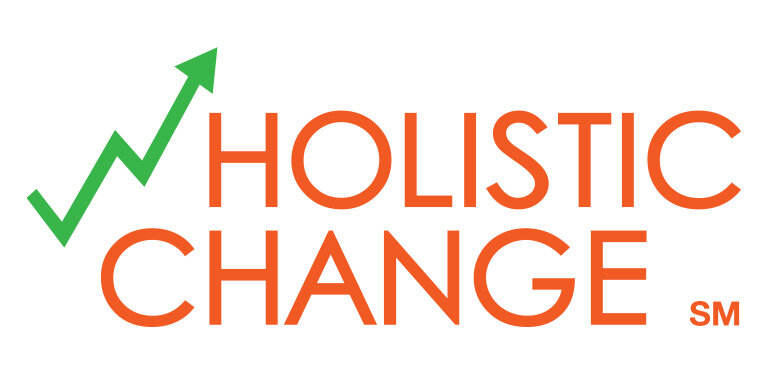When we make the case for change, we specifically ask the following five (5) questions:
- Who wants to change?
- What do they value?
- Why do they want a change?
- Why would change be a good thing?
- How will the change benefit the person who wants it?
I happened to make a purchase recently on Amazon.com, which was when I saw the front page letter from Amazon's CEO, Jeff Bezos, announcing the Amazon Career Choice Program:
Many of our fulfillment center employees will choose to build their careers at Amazon. For others, a job at Amazon might be a step towards a career in another field. We want to make it easier for employees to make that choice and pursue their aspirations. It can be difficult in this economy to have the flexibility and financial resources to teach yourself new skills. So, for people who've been with us as little as three years, we're offering to pre-pay 95% of the cost of courses such as aircraft mechanics, computer-aided design, machine tool technologies, medical lab technologies, nursing, and many other fields.The program is unusual. Unlike traditional tuition reimbursement programs, we exclusively fund education only in areas that are well-paying and in high demand according to sources like the U.S. Bureau of Labor Statistics, and we fund those areas regardless of whether those skills are relevant to a career at Amazon.
Mr. Bezos has answered our case for change questions for his fulfillment center employees, and created a solution that will give these employees the skills they will need to continue to grow in their careers, whether at Amazon or not. To me, this speaks volumes about what he as an executive values: motivating and investing in his current employees, while also preparing them to be motivated and skilled members of our society. If his innovative approach works, it will be a win-win for everybody!

